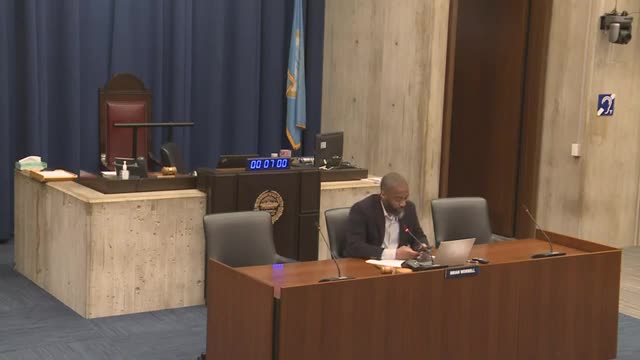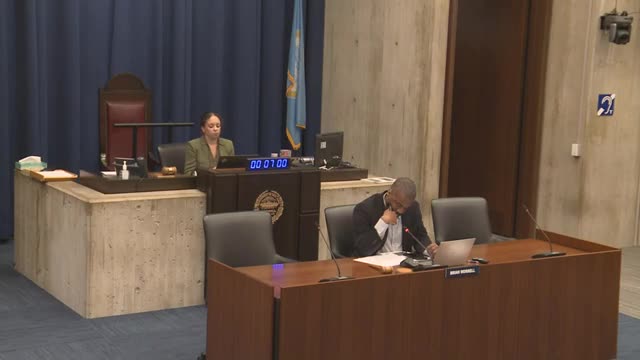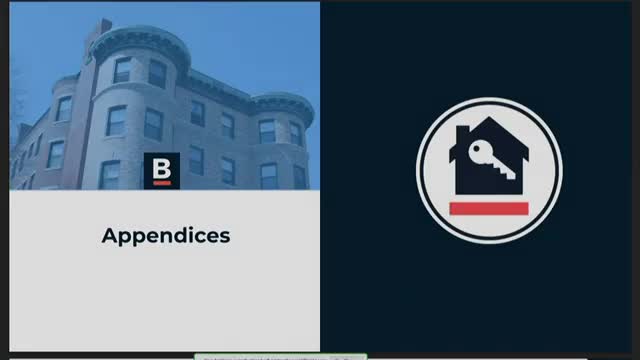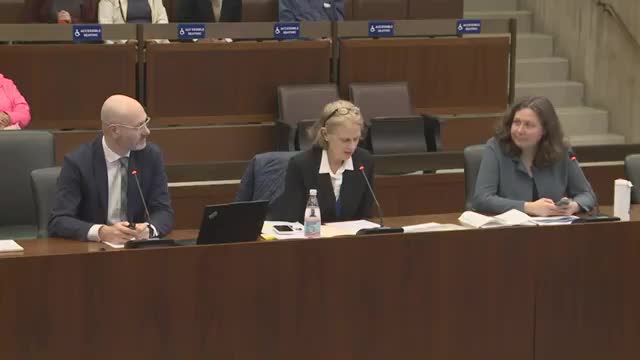Article not found
This article is no longer available. But don't worry—we've gathered other articles that discuss the same topic.

Urban agriculture advocates ask Boston to increase Grow Boston staff and grassroots funding to speed projects and add open space

Boston residents urge council to boost Acquisition Opportunity, city vouchers and community land trust funding

BHA outlines city voucher program, capital projects and warns proposed federal cuts would hit tenants and landlords

